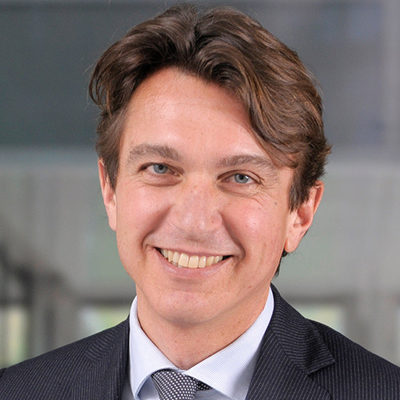
How do private equity firms manage their portfolios during the crisis?
Definitely yes. Of course, this must be viewed in a differentiated manner. A crisis that has such an immense impact as Covid-19 could not have been predicted by anyone. Therefore, the majority of companies also need support, financially but also beyond. However, an accumulation of serious crisis cases in the portfolios of investment companies is certainly a very good indicator of two key points: First, the choice of investments has not been particularly fortunate. Secondly, however, it is essential to know how to master the crisis together with your shareholdings and how strong you will emerge from it. This is where the wheat is separated from the chaff and it becomes clear whether an investor is also able and willing to provide assistance.
Especially in a crisis situation, you realize how valuable it is to have reserves to avoid falling behind immediately. The time thus gained is worth its weight in gold in terms of clarifying the situation and the necessary measures. On the part of the PE investor, it therefore depends enormously on how you factor crises, delays and other problems into your considerations and set up your portfolio companies from the outset so that they are also stable. This gives you time to take countermeasures in exceptional situations of unexpected magnitude.
In the crisis itself, it is a matter of quickly recognizing how the situation is affecting the company and what measures are appropriate. As a shareholder, it is important to provide targeted support to the company’s management. We have therefore defined so-called competence centers with core topics and qualified specialists with crisis experience that anyone can approach to request support and quickly share this expertise with all portfolio companies. This includes essential topics such as scenario and liquidity planning, short-time work/labor law, Covid 19 protection measures in the company, bank talks/ subsidies, stabilization and expansion of supply chains, customer talks, competition monitoring, etc.
This knowledge, together with the experience gained from the current situation, is continuously developed across the entire portfolio and made available to all companies in a targeted manner in the sense of “best practice sharing”. This significantly improves quality and speed, avoids duplication of work, and increases pragmatism in collaboration. It is important not to remain on the defensive, but to consider how to use a crisis to strengthen the company, expand market share, make investments, seek and implement add-on acquisitions. Crises offer many opportunities for this, and there will also be a time afterwards. This shows that trusting cooperation between PE and participation is important for the success of these measures. A crisis offers the opportunity to significantly expand mutual trust.
There is already some movement in the market — especially among companies that are Corona-resilient and now want to and can quickly accelerate further, for example in the food, IT/ICT, digitalization/security, infrastructure, healthcare/medtech sectors, to name a few examples. As soon as the crisis levels off and there is more certainty about the future, there will also be more companies on the market again that were healthy before the crisis and then struggling during the crisis.
Basically, before making a new investment, you have to ask yourself: Is the company affected by the crisis in the short term or in the long term? So does the company have a temporary or structural problem? How can you make targeted use of opportunities that lie in the crisis and thus sustainably improve your competitive position, also for the time after? And if a company benefits from the crisis, is this sustainable or just a short-term effect? This is because financing is becoming more difficult even for companies that are benefiting from the crisis. But that does not make these companies any less valuable. “Bargains” should not be the goal now. Fairness should always be the basis of thought and action, which is also reflected in an evaluation that factors out corona effects and lays the foundation for a promising future. After all, a sustained good reputation is the capital of a financial investor and worth much more than short-term optimization.
About Sven Oleownik
Before joining Gimv, Dr. Sven Oleownik spent twelve years as Managing Partner in charge of Corporate Finance Advisory at the “Big 4” auditing and consulting firm Deloitte in Germany. His clients included large corporations (e.g. BASF, Deutsche Telekom, Lufthansa, Siemens, Volkswagen), various private equity firms (e.g. Apax, Carlyle, Emeram, EQT, Hannover Finanz, Riverside) as well as various medium-sized companies (e.g. Bionade, Jochen Schweizer, Frequentis, MEN, Runnerspoint). — In the course of his professional career, Sven Oleownik has advised on more than 100 transactions, some of them also to the public capital market. He also took on active roles as a member of advisory or supervisory boards (e.g. Bionade, Bench, Regiolux). Today he represents Gimv on the board of Thinkstep and Wemas.



